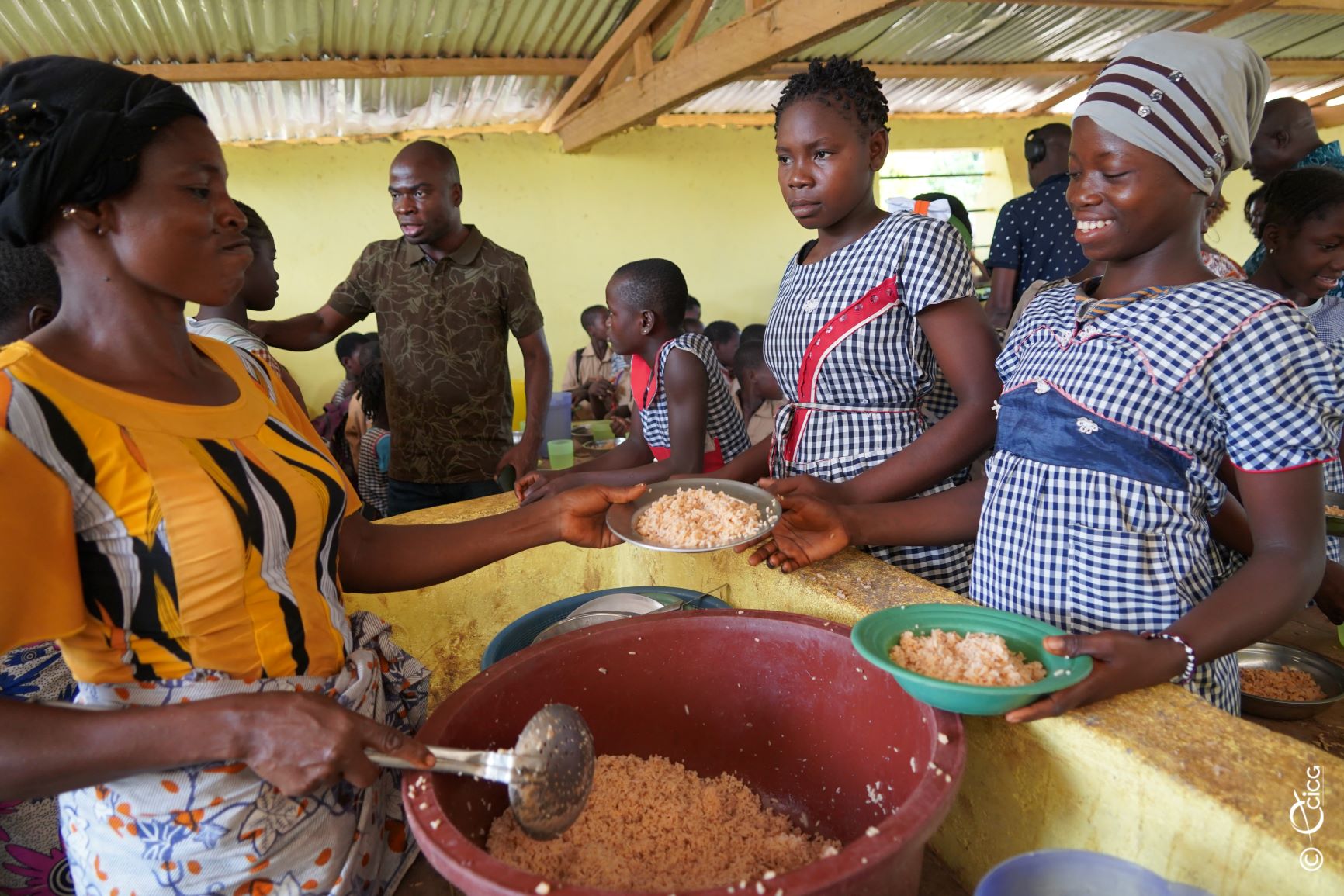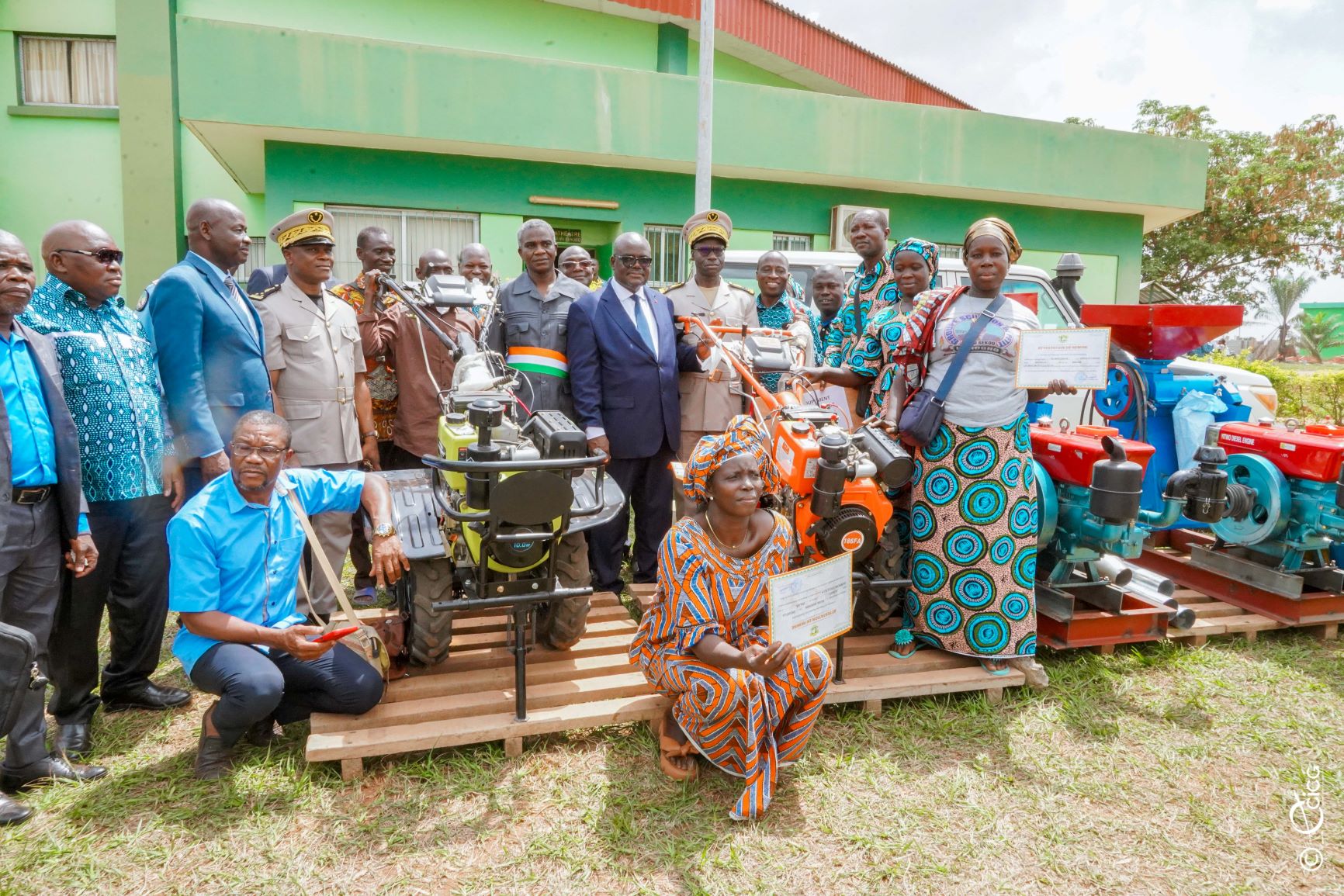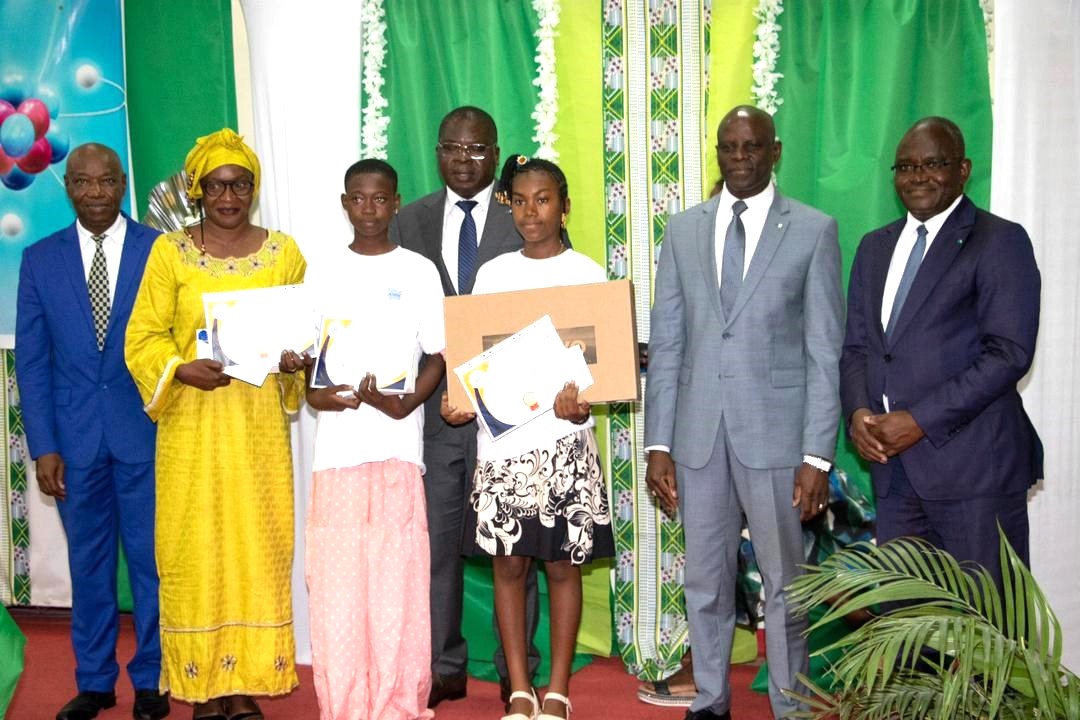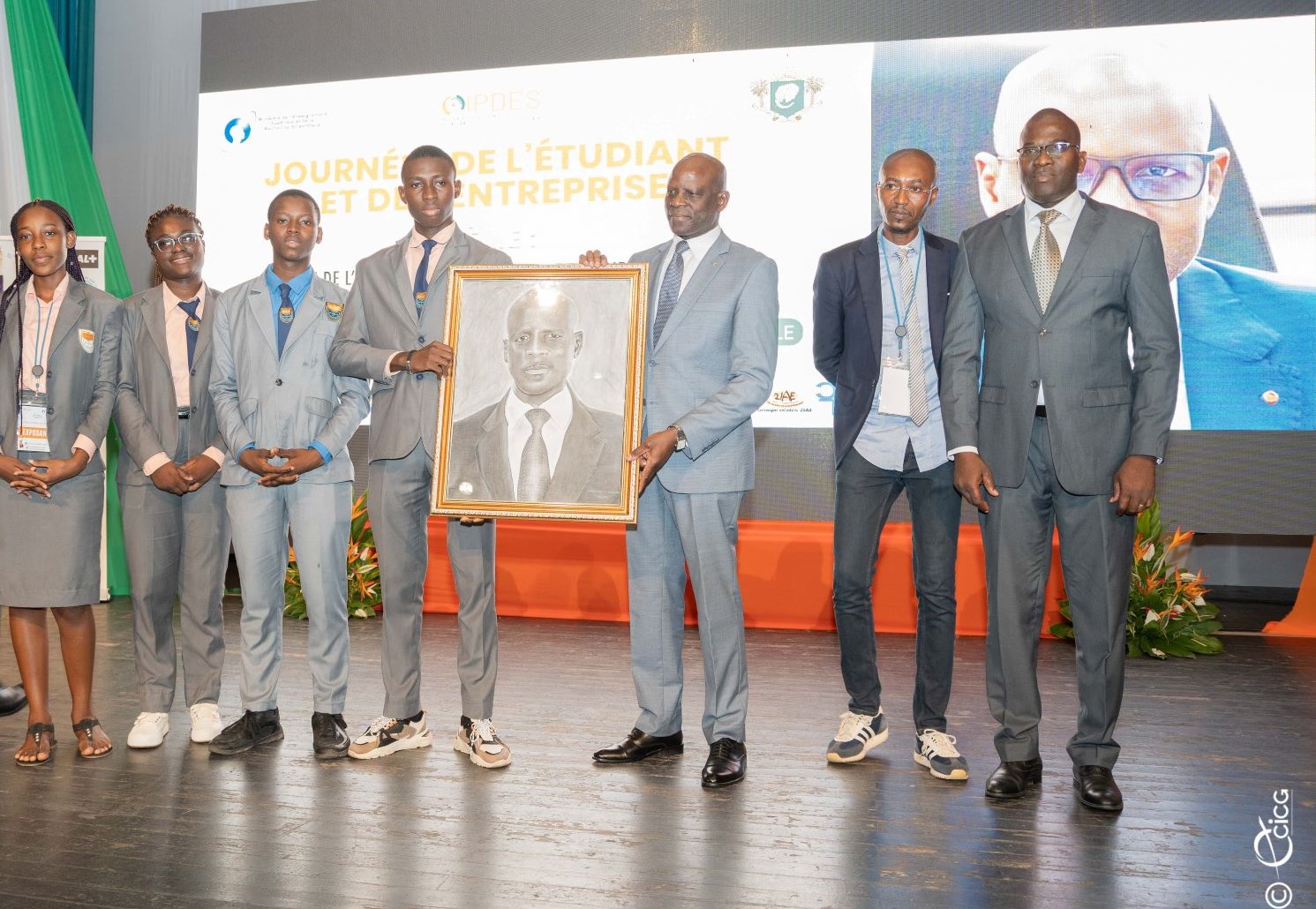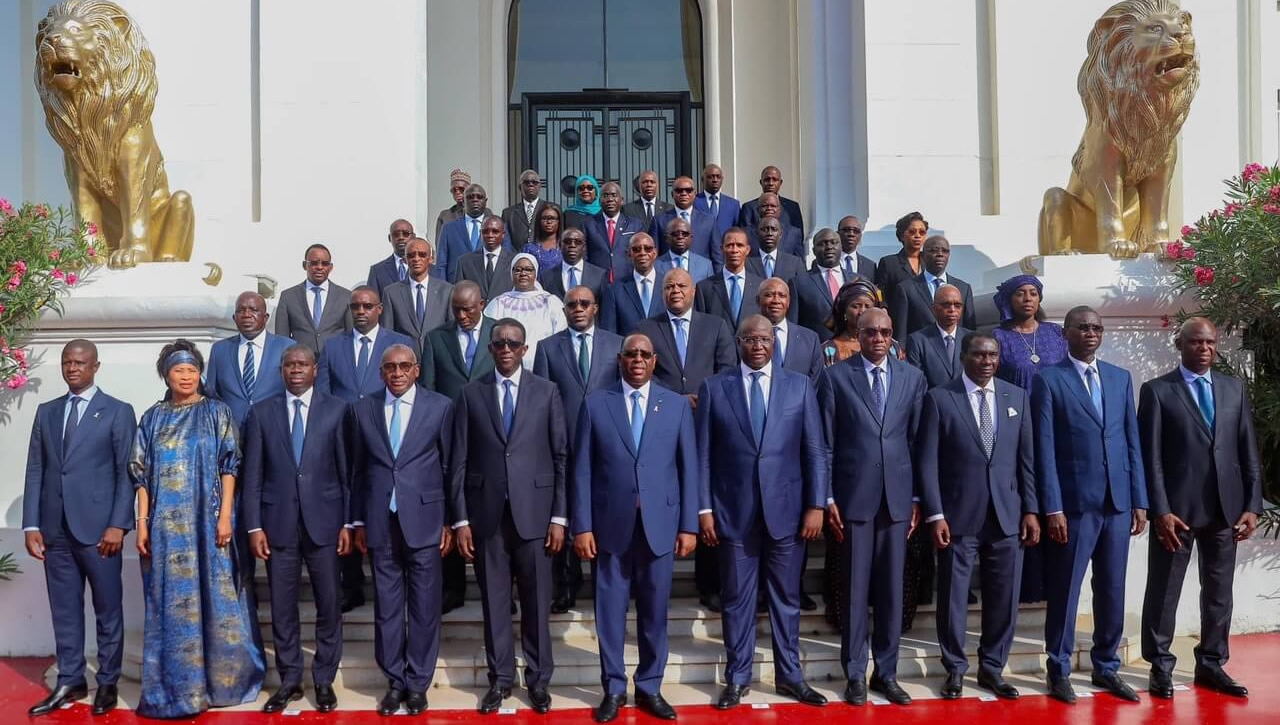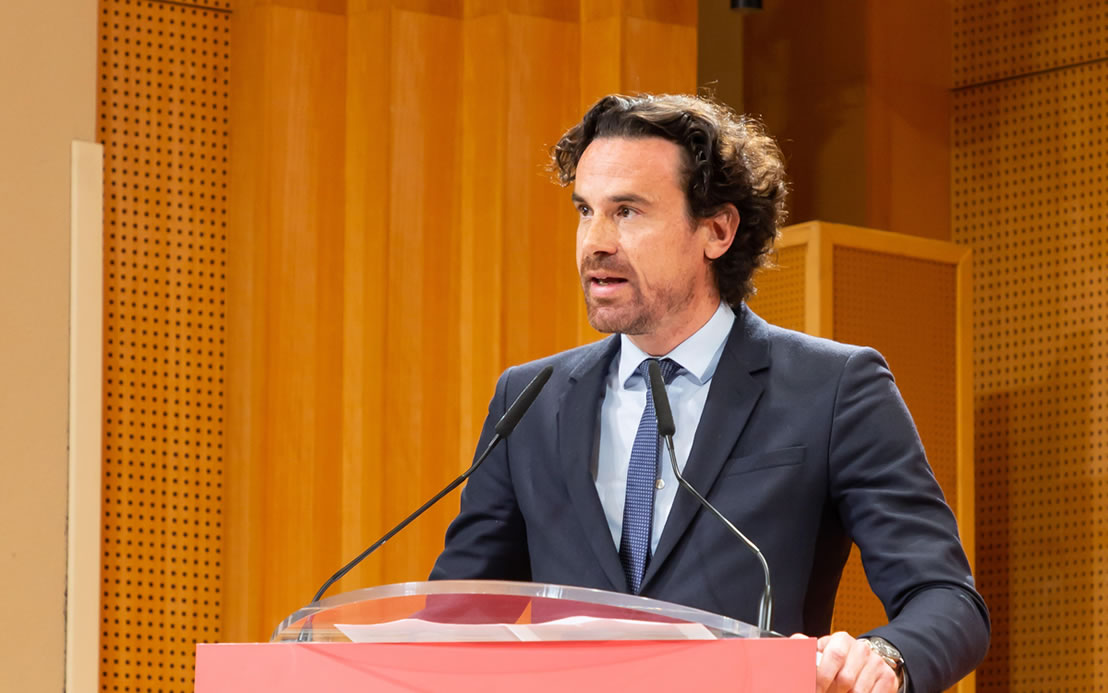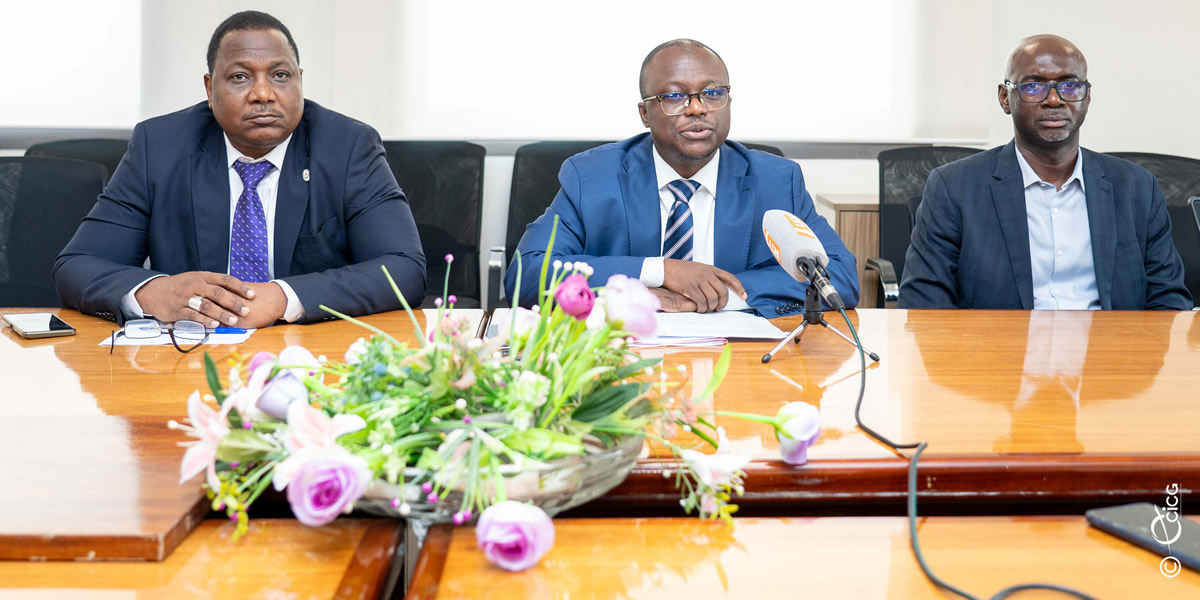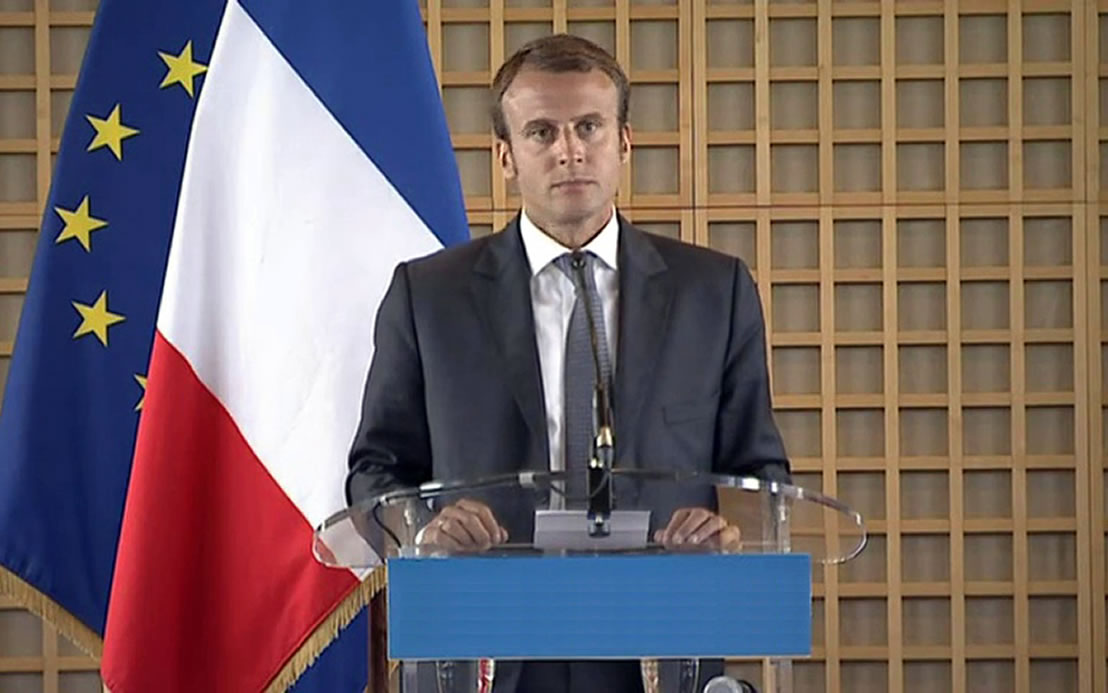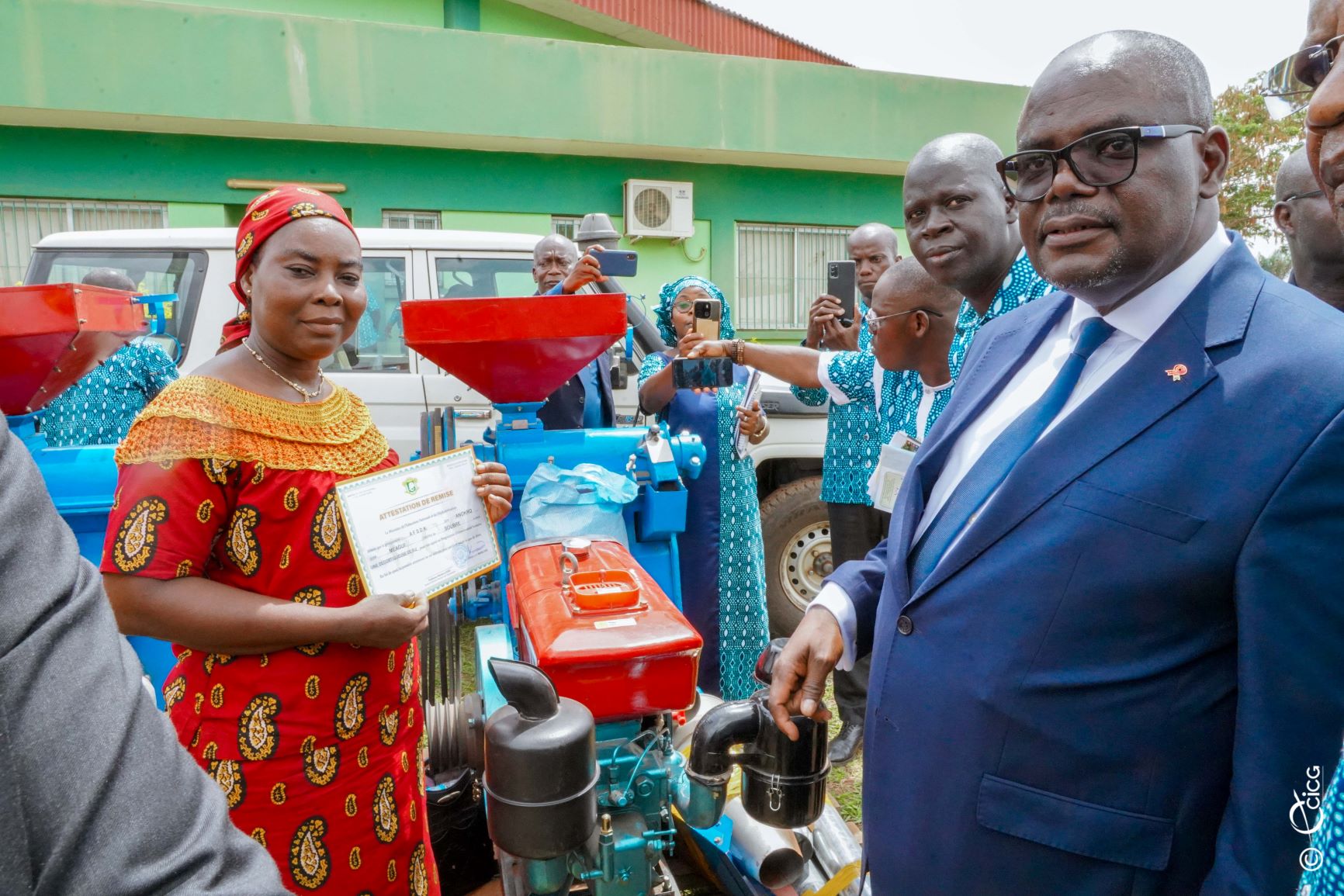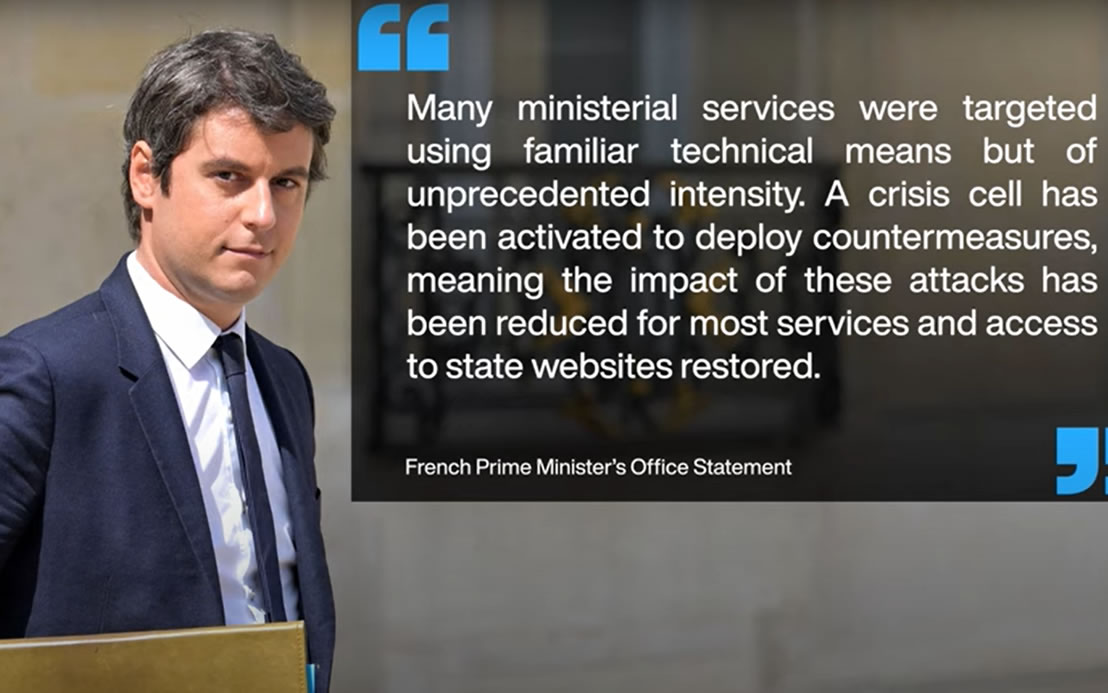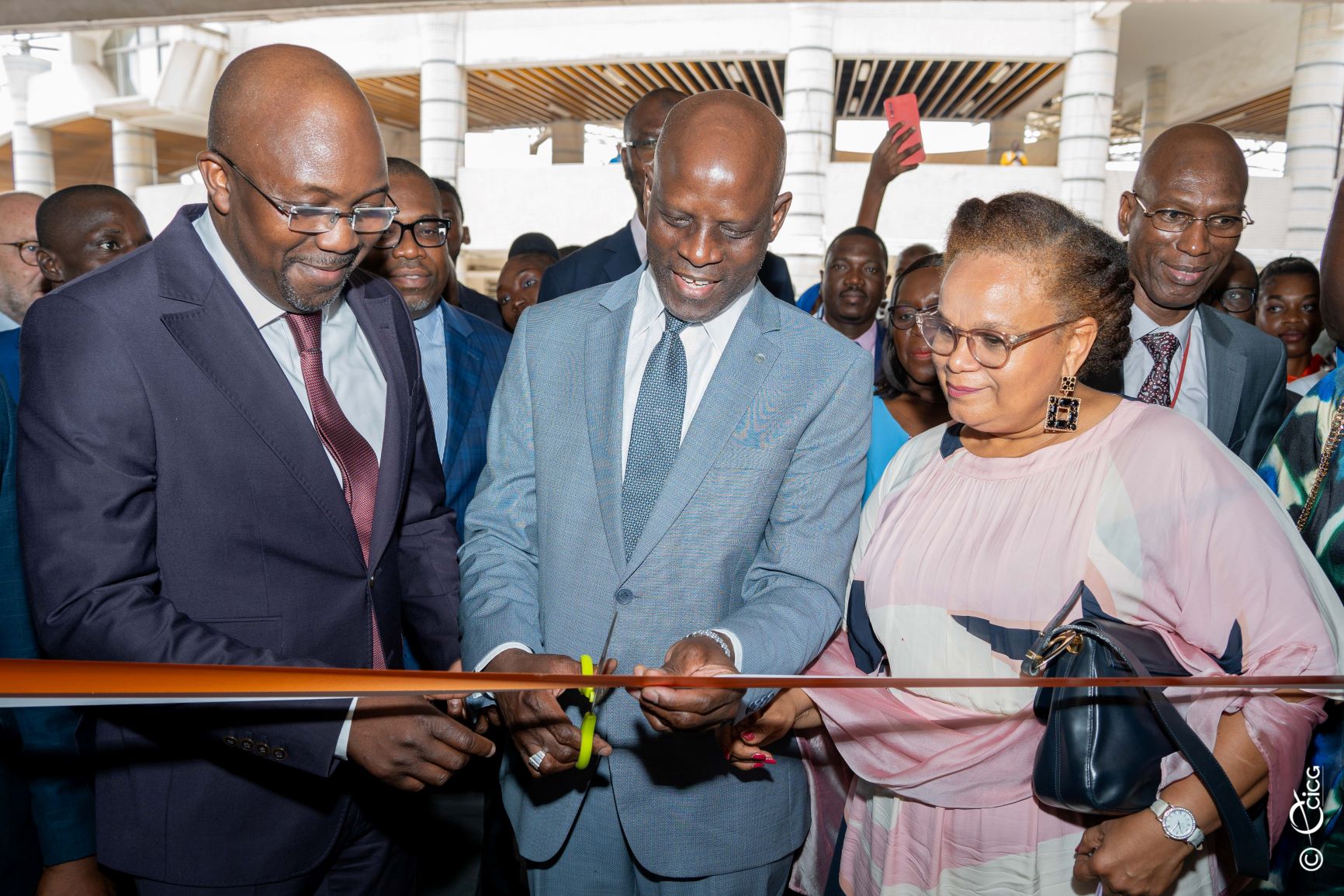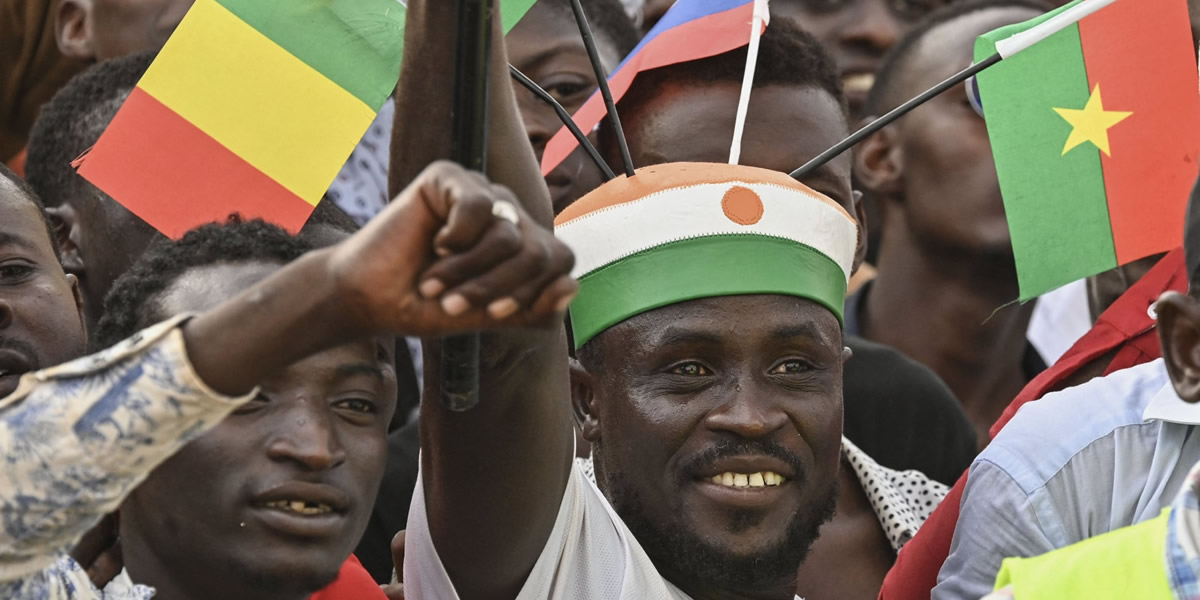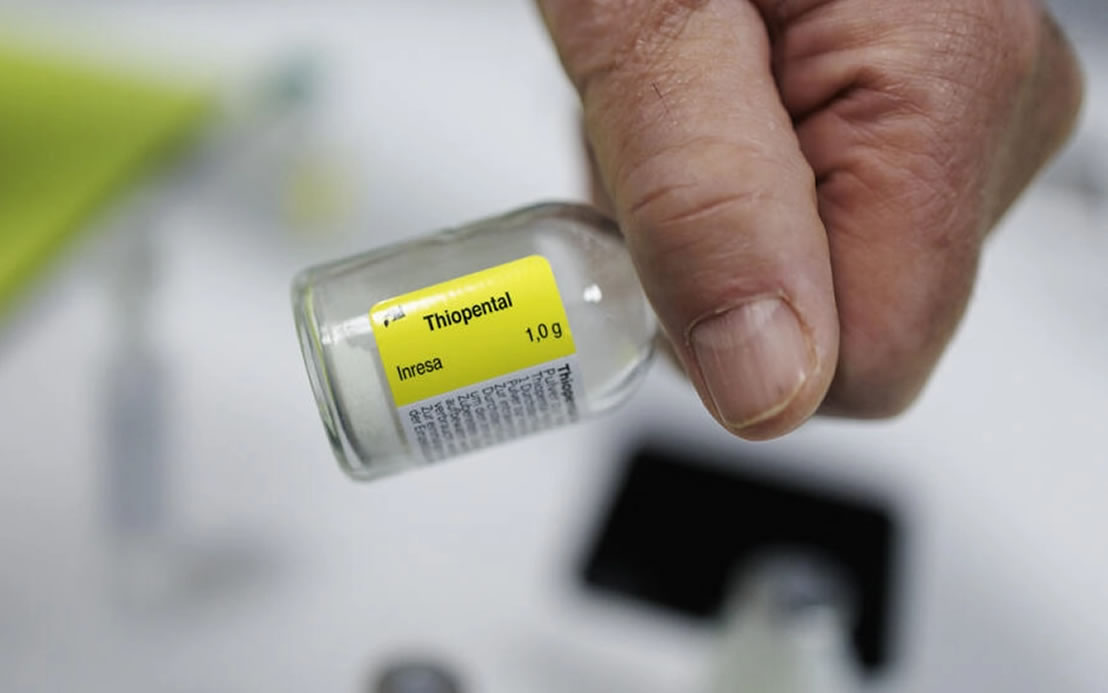In a pivotal move, Senegal's Constitutional Council has set the stage for the much-anticipated presidential election on March 24, ending weeks of uncertainty and political unrest. The decision comes after a series of tumultuous events, with the authorities attempting to postpone the election, sparking widespread protests and concerns about democratic backsliding.
Unveiling the March 24 Election Date
The Constitutional Council's announcement of the March 24 election date brings both relief and urgency to the 19 presidential candidates. This development follows a failed attempt to delay the initial February 25 poll by 10 months. The decision to hold the election before President Macky Sall’s mandate expires on April 2 marks a crucial milestone, providing a tight timeframe for candidates to garner support.
Campaigning Challenges Amidst Ramadan
With the new election date, candidates face an unprecedented challenge as campaigning will coincide with the holy month of Ramadan. In this Muslim-majority country, where fasting is observed, the dynamics of political engagement during this sacred time present a unique set of challenges and opportunities for the contenders.
Assessing Candidates' Strategies
The race for the presidency remains wide open, with no public polls available to gauge the candidates' popularity. The ruling Benno Bokk Yakaar (BBY) coalition's candidate, Amadou Ba, expresses confidence in securing victory in the first round. However, concerns linger about his low profile compared to seasoned rivals, raising questions about his chances amidst the already shaky support for BBY.
Economic Impact and Market Response
Beyond the political sphere, the confirmation of the election date has reverberated in the economic landscape. Senegal’s international sovereign dollar bonds experienced a significant rise, reflecting renewed confidence in the country's stability. This positive market response sheds light on the interconnectedness of political events and economic indicators.
Shifting Political Dynamics with Amnesty Bill
Recent political turmoil, including the authorities' push to delay the vote, has inadvertently played into the hands of some candidates. The passage of an amnesty bill proposed by President Macky Sall aims to ease tensions. This legislative move is expected to lead to the release of Bassirou Faye, a candidate backed by popular opposition leader Ousmane Sonko, potentially reshaping the political landscape.
In conclusion, the Senegal Presidential Election 2024 unfolds against a backdrop of controversies, challenges, and shifting dynamics. As the candidates navigate the truncated campaign period and the unique circumstances of Ramadan, the outcome remains uncertain. The political and economic implications of this election will undoubtedly reverberate far beyond Senegal's borders, shaping the future trajectory of the nation and its place in the West African political landscape.






